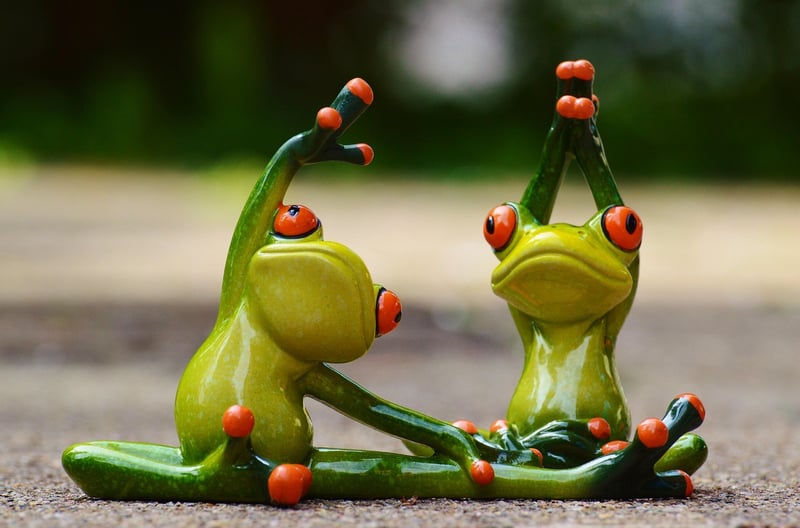Restorative
The Importance of Physical Balance and Restorative Practices

Introduction
Physical balance is a crucial aspect of overall well-being that often gets overlooked in our fast-paced lives. Maintaining balance not only improves physical health but also contributes to mental and emotional stability. In this article, we will explore the significance of physical balance and the role of restorative practices in achieving and sustaining it.
The Importance of Physical Balance
Physical balance is the ability to control and maintain body position while performing various activities. It is essential for everyday tasks such as walking, running, and standing. A good sense of balance helps prevent falls, reduces the risk of injuries, and enhances mobility.
Benefits of Physical Balance:
- Enhanced stability and coordination
- Improved posture and alignment
- Increased strength and flexibility
- Boosted confidence and self-esteem
Restorative Practices for Balance
Restorative practices focus on rejuvenating the body and mind, promoting relaxation, and reducing stress. These practices play a vital role in restoring balance, both physically and mentally.
Effective Restorative Practices:
- Yoga: Combines physical postures, breathing exercises, and meditation to enhance balance and flexibility.
- Massage Therapy: Relieves muscle tension, improves circulation, and promotes relaxation.
- Mindfulness Meditation: Cultivates awareness, reduces stress, and enhances mental clarity.
- Sleep: Adequate rest is essential for the body to recover and maintain balance.
Conclusion
Physical balance is a cornerstone of overall well-being, and incorporating restorative practices into your routine can help achieve and maintain this balance. By prioritizing activities that enhance stability, flexibility, and relaxation, you can support your physical and mental health in the long run.
Remember, a balanced body leads to a balanced mind!
